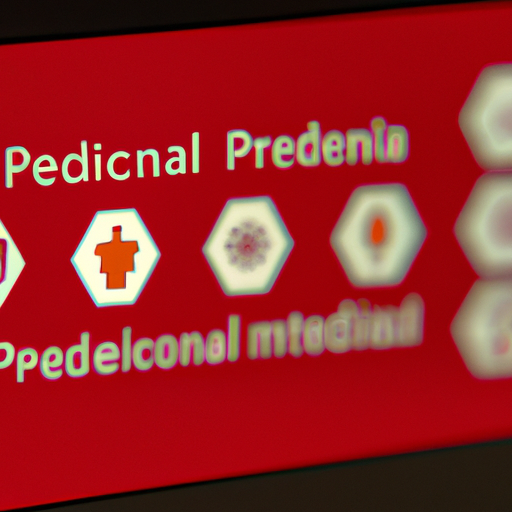In recent years, personalized medicine has emerged as a groundbreaking approach to healthcare. It tailors medical treatment to the individual characteristics of each patient, significantly improving outcomes and minimizing adverse effects. As advances in genomics and biotechnology continue to progress, the potential for precision medicine is becoming increasingly evident.
What is Personalized Medicine?
Personalized medicine, also known as precision medicine, involves using a patient’s genetic profile, lifestyle, and environment to ensure that healthcare interventions are suited to their unique needs. This targeted approach can lead to more effective therapies, particularly in areas like oncology, where treatments can be designed to target specific mutations found in tumors.
How Does it Work?
At its core, personalized medicine relies on data from genetic testing and other assessments. By analyzing a patient’s DNA, healthcare providers can understand how the patient’s body processes medications, responds to certain treatments, and is at risk for various diseases. This comprehensive understanding enables doctors to create customized treatment plans that enhance efficacy.
Benefits of Personalized Medicine
- Improved efficacy: Tailored treatments can lead to better outcomes for patients.
- Reduced side effects: By understanding an individual’s genetic makeup, clinicians can avoid prescribing ineffective medications that could cause adverse reactions.
- Proactive healthcare: With insights from genetic data, patients can take preventive measures to mitigate their health risks.
The Future of Personalized Medicine
The future of healthcare is leaning heavily towards personalized medicine. As technology advances and the cost of genomic sequencing continues to decrease, we expect personalized treatment plans to become standard practice. With ongoing research and innovation, the potential for breakthroughs in disease treatment and prevention is limitless.
Conclusion
Personalized medicine is not just a trend; it is a paradigm shift that promises to transform how we approach health and disease. By understanding and utilizing individual variations, healthcare providers can offer more precise, impactful treatments that enhance patient care and outcomes.
As we embrace this healthcare innovation, staying informed about the latest advancements in personal genomics and treatment strategies will be crucial for both patients and providers alike.








